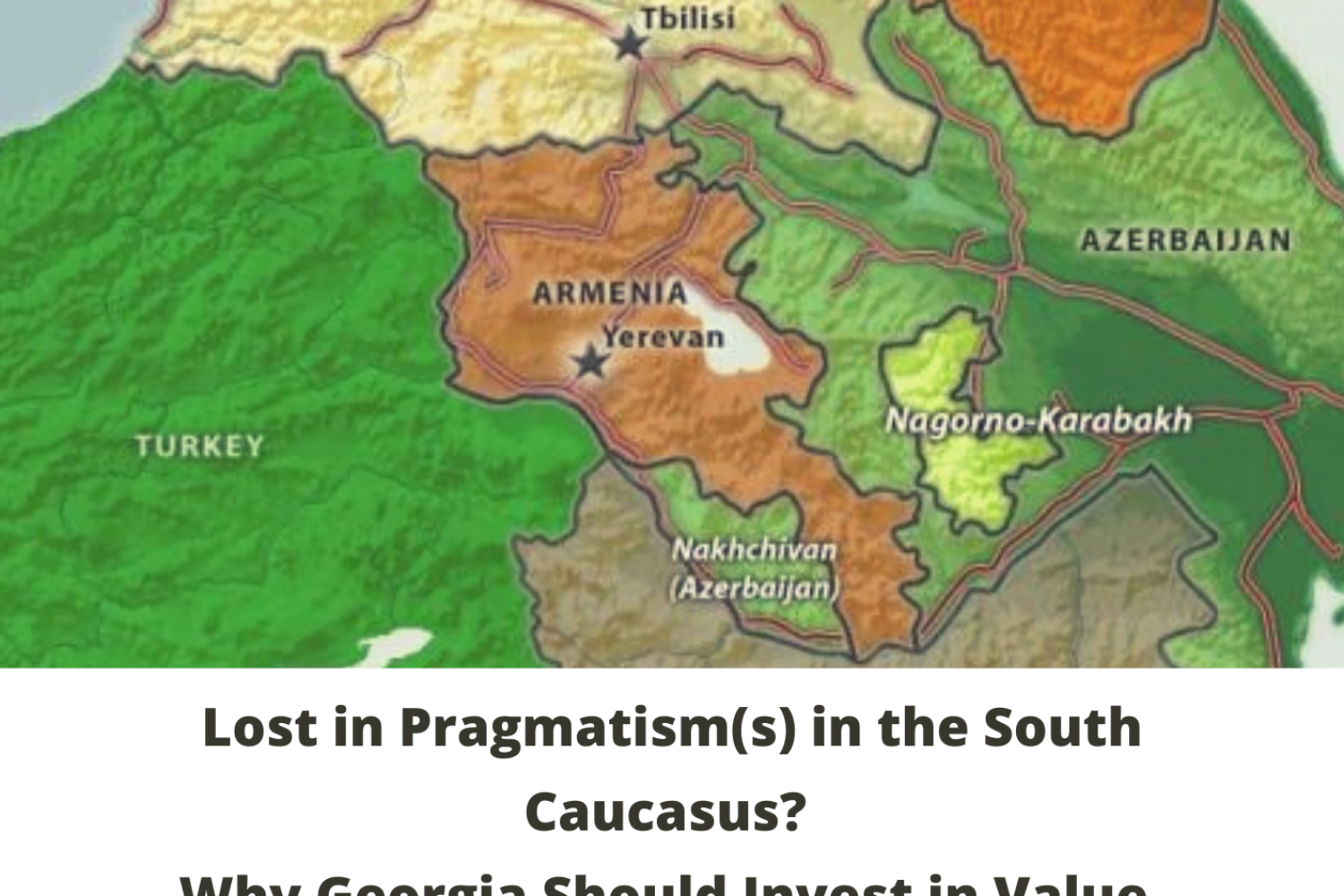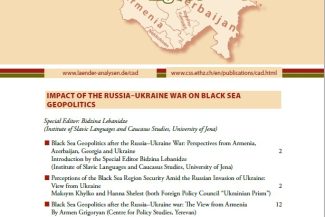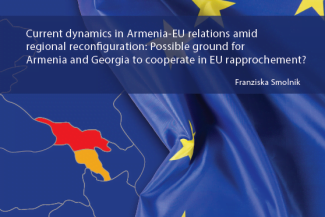17-11-2022
Russia’s full-scale unprovoked and unjustified aggression against Ukraine on February 24th 2022 has focused global attention on the region. What was considered for almost a decade to be just another regional conflict in “Russia’s backyard” without major impact on Europe’s security architecture has now been recognized as being of global importance. Ukraine’s impressive handling of the war has rallied significant global support and focused minds on defending democracy and freedom against the threat posed by Putin’s Russia. It has divided the world into the governments that unequivocally support Ukraine, those that align with Russia and still others that avoid taking sides in order to prioritize economic stability and a secure supply of natural resources. None of the countries of the South Caucasus has openly supported Russia’s aggression against Ukraine, though neither has any of them adopted a policy of fully isolating it. Such a stance has provoked discussions on whether this sort of “pragmatism” is winning over the region, especially in traditionally stalwartly pro-Western Georgia.
This policy paper explores this “pragmatic turn” in the South Caucasus. It argues that such a “pragmatic” foreign policy is not the optimal strategy for Georgia in the current conditions of high uncertainty. With this aim, we first assess the implications of the shifting geopolitical landscape in the South Caucasus and shed light on the essence of pragmatic and value-based foreign policy approaches. Secondly, the rationale of pragmatism for Azerbaijan’s and Armenia’s regional policy is discussed. Finally, the high costs and lack of rewards likely entailed by Tbilisi’s effort to pursue a pragmatic foreign policy stance are explained. As the findings demonstrate, such an approach would put Georgia into deadlock. Hence, a value-based foreign policy stance stands out as the option to follow, as it is the only country in the South Caucasus that has declared Euro-Atlantic aspirations as the core goal of its foreign policy. Putting this course under doubt, entails penalties for downgrading cooperation between Brussels and Tbilisi and leaves Georgia vulnerable to regional shifts. In this light, recommendations are offered for Georgia’s government and international partners on the measures required to ensure Tbilisi’s regional policy adheres to a value-based course in contrast to the increasingly pragmatic stance of both Azerbaijan and Armenia.
Keywords: South Caucasus, Georgia, War in Ukraine, pragmatic foreign policy










